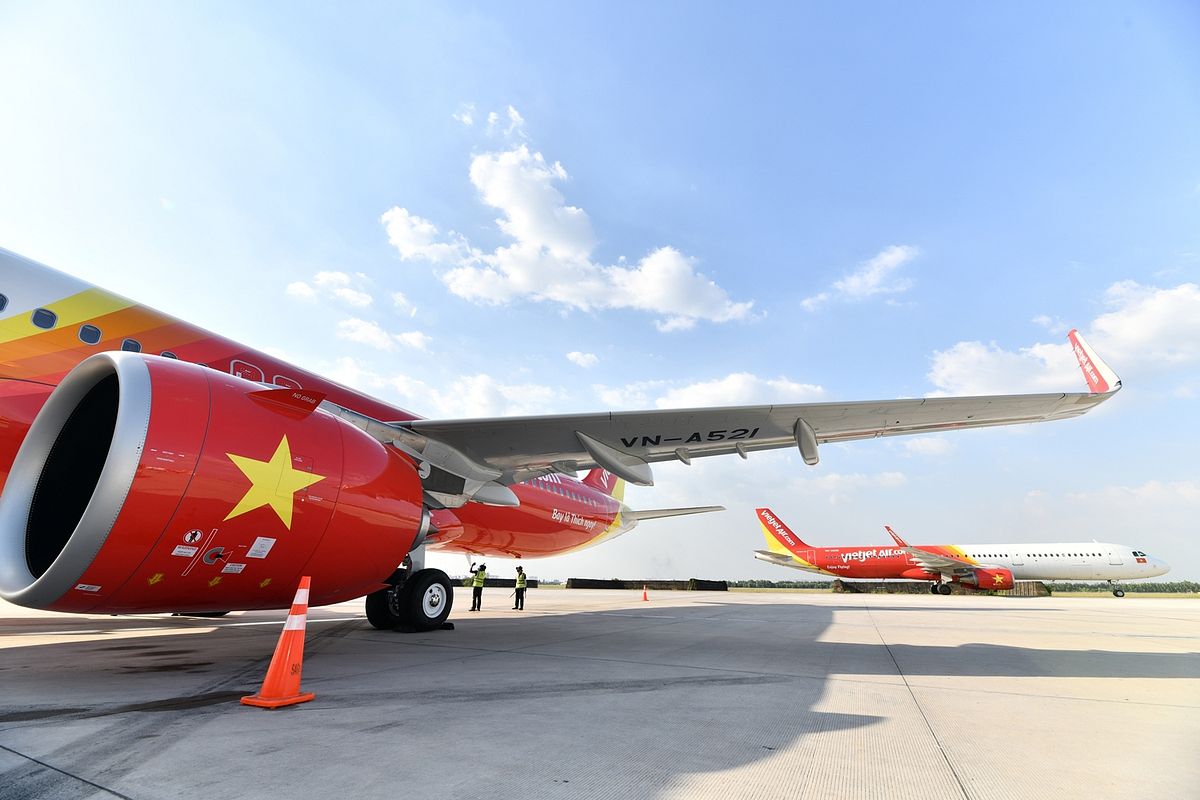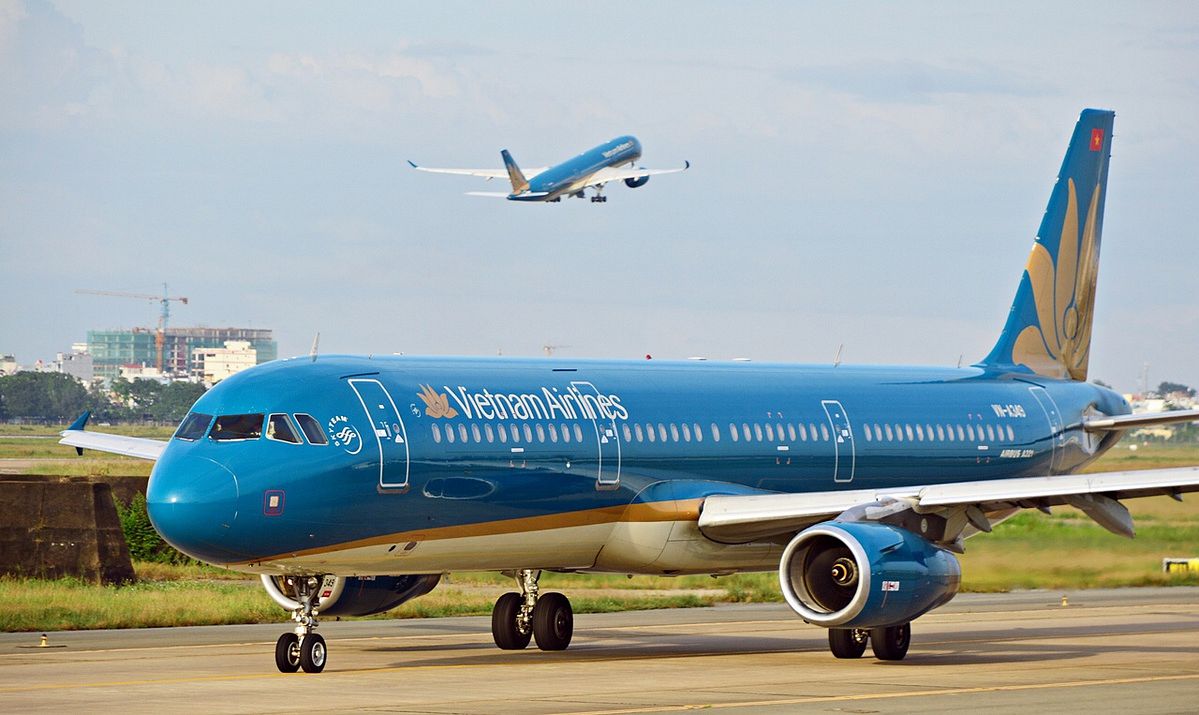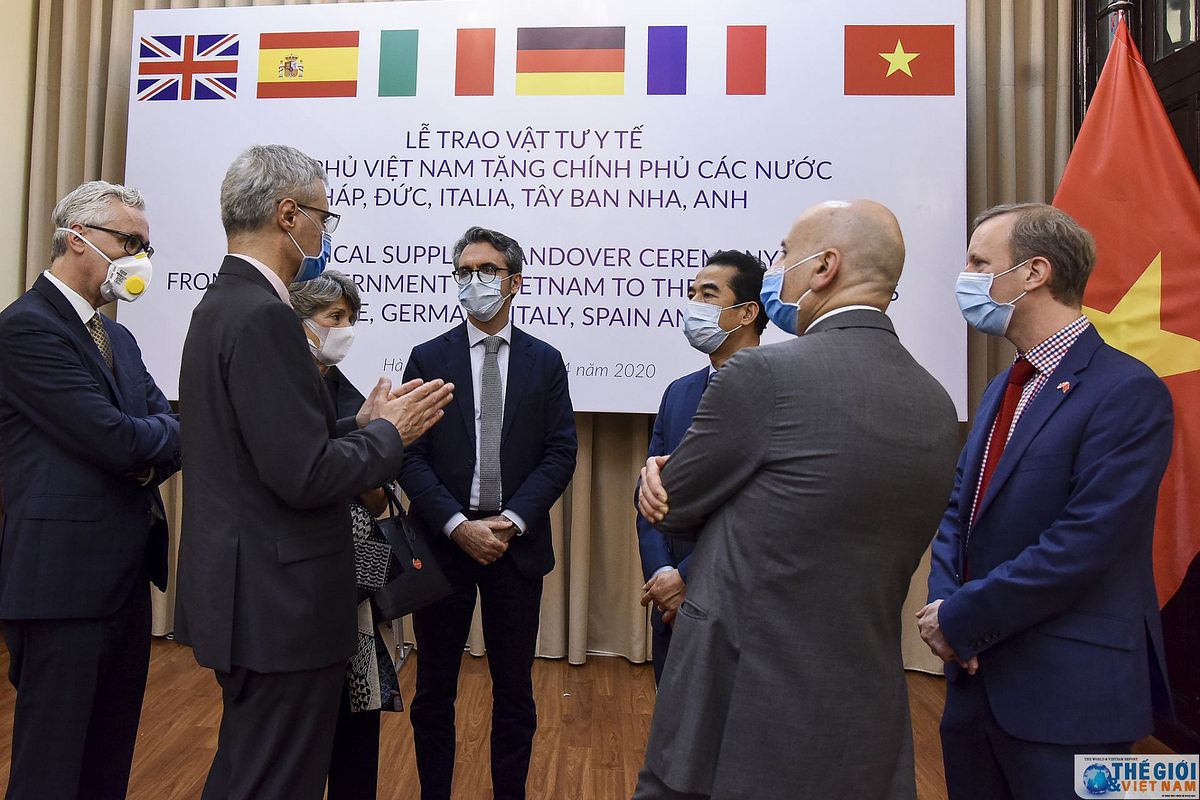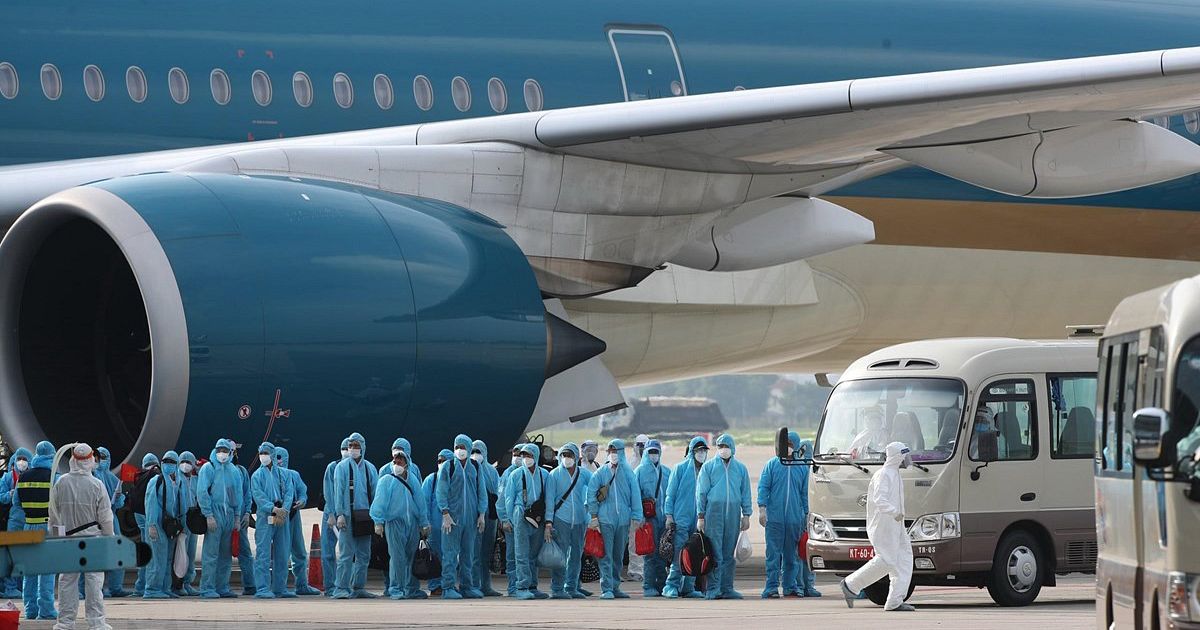The privately owned airlines are hoping to receive similar treatment as Vietnam's national carrier.
According to Nikkei Asia, VietJet Vice President Hồ Ngọc Yến Phương asked the government to provide VND4 trillion (US$172 million) in low-interest loans, while Bamboo Airways is seeking undisclosed amounts of low-interest financing, as well as continued discounts on take-off and landing fees, fuel costs and environmental taxes.
They cite the willingness of governments in neighboring nations to provide economic assistance to their domestic airlines and the recent approval of a bailout for Vietnam Airlines valued at US$520 million (VND12 million) as the reasons behind their requests.
Despite Vietnam's effective response to the COVID-19 pandemic and the resumption of domestic flights in May, the nation's aviation sector has had a challenging year. Domestic flights have remained much emptier than previous years, and revenues are in sharp decline. Vietnam Airlines, for example, claims its Q3 revenues fell by 68% compared to the same period in 2019. VietJet, meanwhile, expects to have a net loss of around VND15 trillion (US$649 million) in 2020, as operated flights have fallen by 43%.
In response to the dire economic situation, airlines have had to cut staff and reduce salaries by up to 70%. They contend that the government's assistance is necessary to help with cash flow issues to ensure long-term viability. While they are waiting on the government's decision, VietJet will receive VND2 trillion (US$86.6 million) via sale and leaseback deals on four or five aircraft this year.
The effect of the pandemic on Vietnam's airlines extends beyond those that already operate flights. Some new carriers that announced plans to begin operation, such as Vietravel and Kite Air, have had to delay their launch.
[Photo via Flickr account BreakingTravel]














